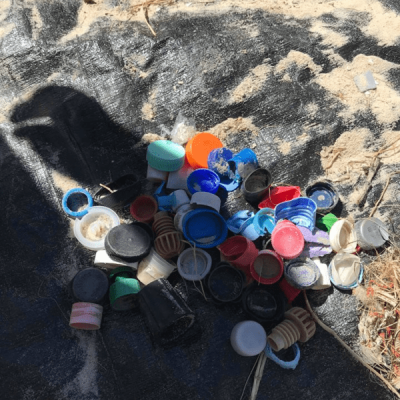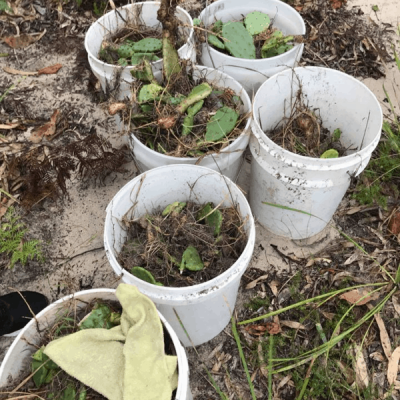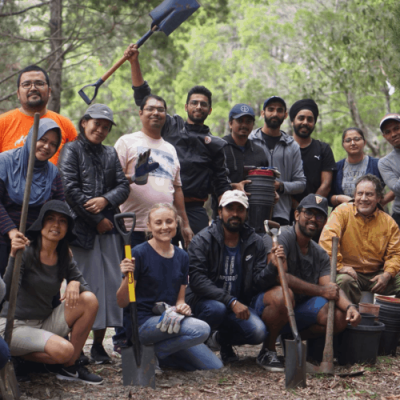Sea Shepherd Australia volunteers conducted a remote cleanup and microplastic survey on Queensland’s Moreton Island between July 16 – 22 to find out just how contaminated with plastic this remote coastal area is.
The aims of the cleanup and microplastic survey were:
- To showcase to the QLD Government, industry and the public the impact that plastic pollution is having on our oceans and marine life.
- To clean up as much of the marine debris as resources allow to create a safe and clean environment for wildlife.
- To conduct science-based surveys to estimate the loading of plastic on Moreton Island beaches.
According to the Queensland Government, Moreton Island is one of the least polluted and least disturbed coastal environments along the Queensland – New South Wales coast, yet there continues to be an increasing number of marine wildlife found entangled in marine debris.
In 2018, two green turtles drowned after becoming entangled in rubbish at Moreton Bay, the stretch of ocean between Brisbane and Moreton Island. Green sea turtles are listed by the International Union for Conservation of Nature (IUCN) as endangered, with a decreasing population due to fishing gear entanglement and loss of habitat.
Local resort Tangalooma has also reported an increasing number of dolphins found on the island with discarded fishing debris entangled in their jaws around the Moreton Island coast.
Campaign Leader Rebecca Griffiths said, “In addition to turtles and dolphins, this area is also home to a large population of dugongs, many seabird species, and humpback whales migrate past here in the winter months.”
“We will remove as much deadly marine debris as possible to save the precious wildlife of Moreton Island.”
Marine debris is a globally recognised environmental issue as marine wildlife are increasingly affected by human-made refuse, much of which is plastic. This year, there has been an alarming trend of whales washed ashore with stomachs full of plastic.
“Sea Shepherd is known to be on the front line of conservation and this remote marine debris campaign at Moreton Island is no different,” said Marine Debris Campaign Coordinator Marina Hansen.
“Our oceans are being inundated with plastic and the impacts on our precious marine life are increasing at an alarming rate, we need to tackle the scourge head-on before it’s too late.”
Sea Shepherd Australia’s remote cleanup at Moreton Island has been generously funded by a 2019 Team Grant from Santos Organics.
For more info about our Marine Debris campaign click here
We are awaiting more information about 2019’s cleanup and will update you as we have more statistics.








